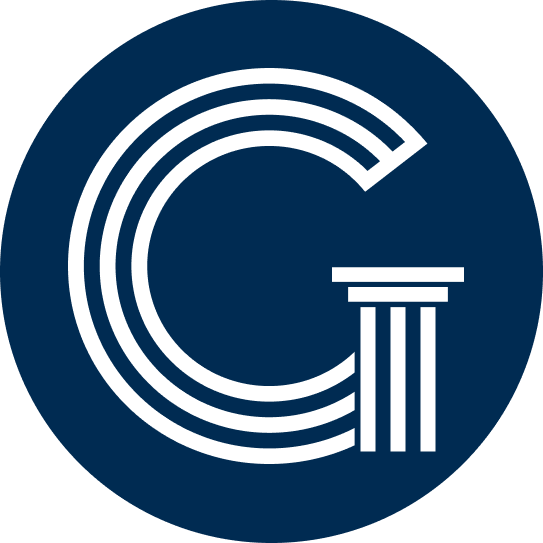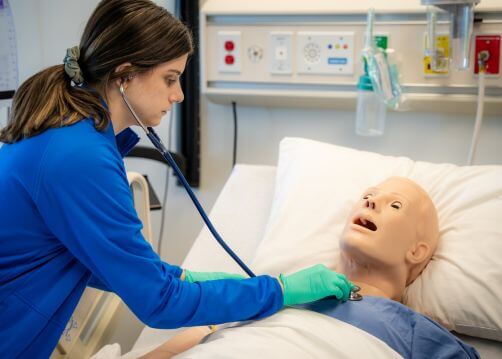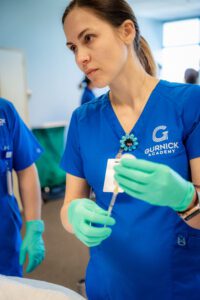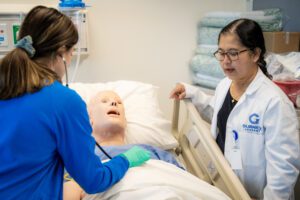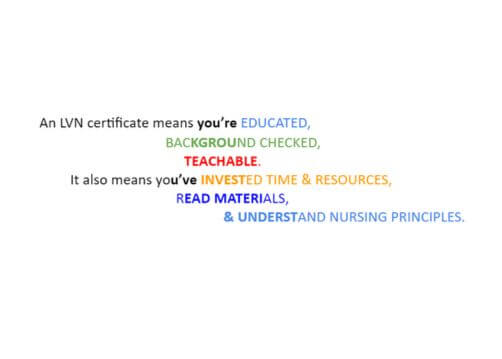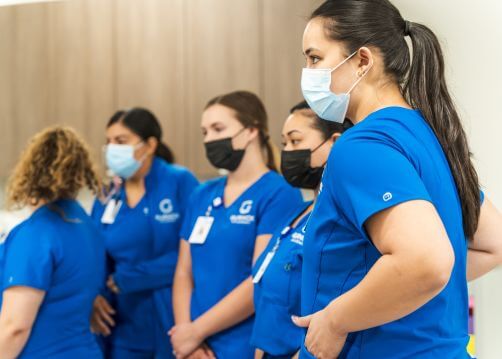About Licensed Vocational Nursing Programs and the NCLEX-PN®
Date: September 21, 2023
What are vocational nursing programs, and how did they begin? The origins of the practical/vocational nurse role go back to the past practice of self-taught individuals working in home care as early nurses. These persons held no license and little formal training. Moreover, they assisted with basic care (ADLs like bathing) and light housekeeping duties (cooking, etc.).1
The first U.S. training program for practical nurses was developed by the Young Women’s Christian Association (YWCA) in New York City in 1892.1
Later, the first formal U.S. training program for practical nurses was developed by the Young Women’s Christian Association (YWCA) in New York City in 1892.1 In brief, the program functioned as an early effort to train women with skills for gainful employment. Subsequently, news archives of the time tout multiple program graduates able to leave public aid forever and transfer to a life of service and skill. Moreover, the early course took three months, and participants studied special techniques for caring for the sick and various homemaking techniques.2
Through the Years
With more formalized medical systems evolving through the years, nursing changed. As medical information expanded, the demands and expectations of nurses—all nurses everywhere grew. By evolution, today’s nurses are professionals, and nursing programs operate as standardized educational college courses.
Today, current nurse training programs are found at your fingertips, online, onsite at brick-and-mortar buildings, or via hybrid delivery models. By and large, modern courses may be hospital-based or administered by academic institutions. Simultaneously, community colleges, vocational schools, or private universities also offer courses.
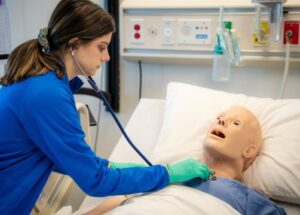
Vocational Nursing (VN) Programs
Correspondingly, Vocational Nursing (VN) programs exist as academic courses designed to train individuals to fill Licensed Vocational Nurse (LVN) roles. Generally, to embark on a formalized training program, one must be 18 years or older. Additionally, they should have a high-school diploma or GED equivalent. At the same time, completion of an undergraduate nursing degree garners a certificate or diploma.
The NCLEX-PN®
Chiefly, training is the first step. However, to practice, one must also be licensed. Whereby upon successful completion of a good VN program, future nurses are eligible to take the National Council Licensure Examination for Practical Nurses® (NCLEX-PN®). Of note, this is the exam required for licensure.
In short, the NCLEX® is an examination taken throughout the United States, Canada, and Australia. The exam was founded in the above countries in 1982, 2015, and 2020, respectively.3 Specifically, the NCLEX-PN® was developed by the National Council of State Boards of Nursing, Inc. (NCSBN®)4 to test competencies and ensure that new graduates can safely administer nursing tasks. Accordingly, it standardizes nursing levels while documenting acumen.
What is the NCLEX-PN Like?
Moreover, the NCLEX-PN® exists as a computer-adaptive test (CAT). By explanation, each question one answers correctly determines the difficulty of the following question. Consequently, one’s accuracy (or lack thereof) determines the overall number of questions one may answer. For this reason, there are anywhere from 85 to 150 questions on the NCLEX-PN®.5 Successfully passing the exam allows one to fully pursue work in healthcare settings such as hospitals, clinics, long-term care facilities, and home health agencies.
A VN Pathway
Exploring a VN pathway may be an excellent option if you want to pursue a career in nursing but lack the means to attend a traditional four-year university. Of slight advantage, a VN program has a shorter duration to completion time compared to what’s needed for the Bachelor of Science degree in nursing (BSN). Considering that earning a BSN takes roughly four (4) years to complete, most VN programs can be finished in one (1) to two (2) years of full-time study.
- One clear advantage a good VN program offers is a direct pathway for recent high-school graduates or those looking for a quick career pivot.
- A second advantage to the VN route is that it gives one the flexibility to return to school to continue their education later. Such a program grants graduates a leg up if they opt to pursue the BSN or other healthcare trajectories.
- A third advantage is that with their new skills, graduates may affect positive impacts on patients’ lives. Many regularly reap the joys of providing patients with essential medical care and support.
Depending on your state’s terminology, licensed graduates may be called Licensed Practical Nurses (LPN) or Licensed Vocational Nurses (LVN). Given these reasons, a VN route makes an excellent choice for individuals eager to join the workforce quickly.
Covering Basics
Within a quality VN program, students learn various healthcare-related subjects. Study areas include anatomy, physiology, pharmacology, and medical-surgical nursing. Would-be nurses also learn to administer medications, take vital signs, and provide appropriate patient care.
Additionally, students attend clinicals within affiliated medical facilities during nursing school. Ultimately, these competencies prepare students to become healthcare professionals who work under the supervision of registered nurses and physicians. Hence, the hands-on training affords a confidence boost.
Ready to Give it a Go?
A VN program may be the right choice if you’re passionate about helping others and want a rewarding healthcare career. To find out if this option is for you, take our free VN Career Training Readiness Quiz today.~
Citations
1^a, b “Licensed Practical Nurse.” Wikipedia, April 12, 2023. (Accessed August 30, 2023.)
2 M., Olivia. “Chapter 1—Succeeding as a Nursing Student Flashcards|Chegg.com.” Chegg, Inc., 2023. (Accessed August 31, 2023.)
3 “National Council Licensure Examination.” Wikipedia. August 24, 2023. (Accessed September 20, 2023.)
4 “NCLEX-PN ® Test Plan.” National Council of State Boards of Nursing, Inc. (NCSBN), 2023. (Accessed September 19, 2023.)
5 Nockunas, Kate. “NCLEX PN Practice Test (Updated 2023).” Www.mometrix.com, Mometrix Test Preparation. August 20, 2015. (Accessed September 19, 2023.)
